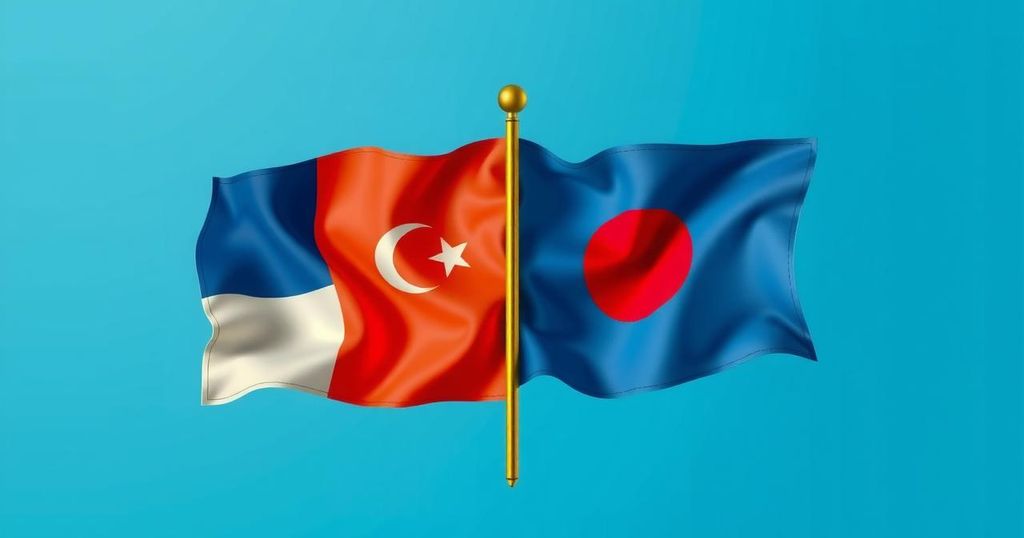Indian Commerce Minister Piyush Goyal and U.S. Trade Representative Jamieson Greer discussed reciprocal tariffs and the first phase of a bilateral trade agreement. Their talks highlighted a commitment to mutual benefits, with a goal to finalize the agreement in the coming months. However, India faces challenges due to U.S. demands and the looming imposition of tariffs.
During a recent meeting, Indian Commerce Minister Piyush Goyal and United States Trade Representative Jamieson Greer discussed reciprocal tariffs that the U.S. plans to impose. They also focused on the initial phase of the bilateral trade agreement (BTA), aiming for completion soon. Goyal emphasized their dialogue was forward-looking, reflecting commitment to mutual benefits under the principles of ‘India First’ and ‘Viksit Bharat.’
Both Minister Goyal and Ambassador Greer continued their discussions on reciprocal trade and market access, aligning with President Trump’s America First Trade Policy. The meeting featured high-level talks with the U.S. administration just ahead of the U.S. set to enforce reciprocal tariffs from April 2.
Furthermore, Prime Minister Narendra Modi and President Trump have publicly set a timeline of seven to eight months to finalize the BTA, which aims to boost market access and reduce trade barriers. India is making strides in navigating its sensitivities while addressing U.S. demands relating to tariff reductions and overall trade integration.
Trump recently stated that India had agreed to lower its tariffs, while Secretary of Commerce Howard Lutnick noted that the U.S. seeks a comprehensive trade deal through product-level negotiations. Notably, despite hopes for an exemption, the U.S. has made it clear that India will not receive preferential treatment due to its robust tariff structure.
The discussions between India and the U.S. regarding reciprocal tariffs and the bilateral trade agreement signify a crucial step in enhancing trade relations. Minister Goyal’s focus on a mutually beneficial BTA aligns with both countries’ strategic interests, as they seek to reduce trade barriers and improve market access. However, the potential for reciprocal tariffs remains a significant concern for India, which must balance its own trade policies against U.S. expectations.
Original Source: www.business-standard.com






